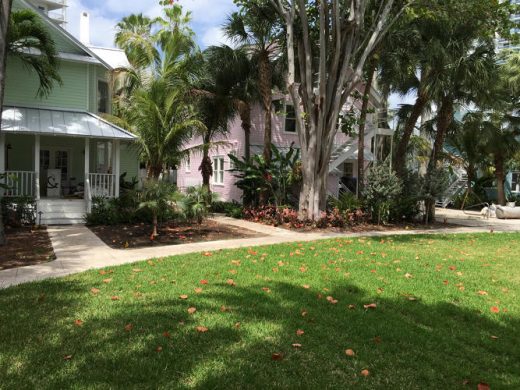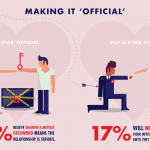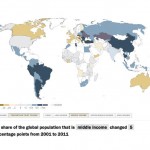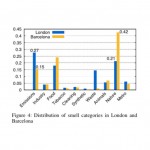Instead Of Renting An Apartment, Sign A Lease That Lets You Live Around The World
If you can afford the airfare, it’s getting easier to be a digital nomad. Roam, a new network of co-living spaces, offers a lease that lets you continually move: After a couple of weeks or months in Madrid, you can head to Miami, or Ubud, Bali. By 2017, the startup plans to have 8-10 locations around the world.
These aren’t designed as places for vacations. Instead, it’s an alternative way to think about home for “location-independent” people who can work remotely. After living and working nomadically in his twenties, founder Bruno Haid wanted to make it easier.
“Just managing my stuff and going back and forth between Airbnbs and housesitting became more cumbersome over time,” Haid says. “At the same time, I was involved in a couple of early co-living communities in San Francisco, and saw the cultural value of something like that.”
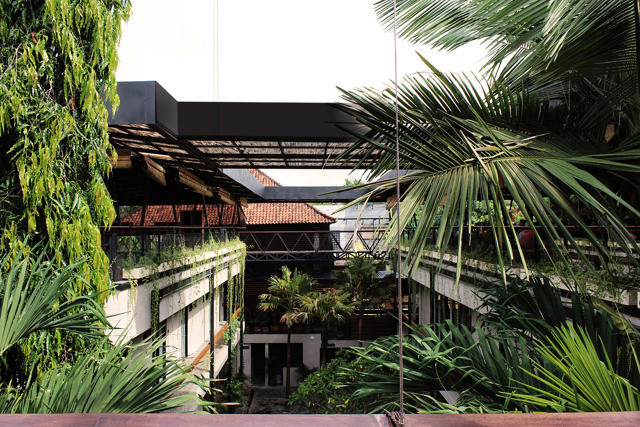
By combining co-living with nomadism, Haid hoped to help alleviate the loneliness of showing up in a new city and culture, knowing no one. Residents each have their own private bedroom and bathroom, but they also have access to a coworking space and shared communal areas. The point is to meet as many people as possible.
“If you go from location to location, it always takes a couple of weeks to feel at home,” he says. “That’s something that we want to make sure is done in a very short time frame. You can literally show up in Bali and you live with people who have been there for a long time, means you have everything you need to navigate the local community, to know what’s where, what can I connect to.”
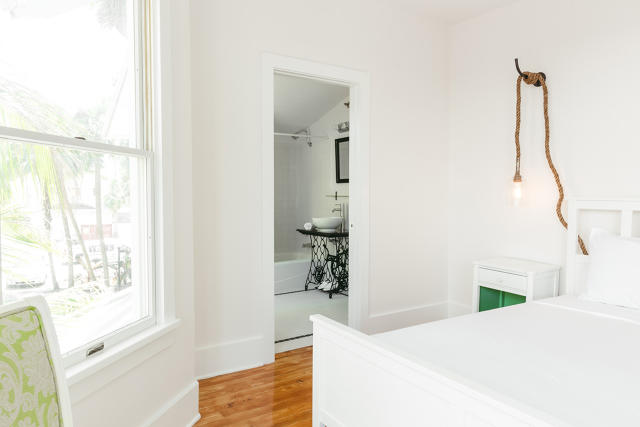
Though it’s possible to book for a week ($500, no matter where you are, or $1800 for a month), the startup prefers that people stay longer, believing that community is something that most people lack in city life now. Like other co-living experiments, they also believe that it’s possible to design better living space if parts of it are shared: instead of cramped, crappy kitchenettes in multiple studio apartments, for example, the same money can be pooled to make a chef-quality communal kitchen.
The company is trying to bring more than the usual globe-trotting crowd of developers or designers . Some of the first residents included a playwright, a women’s rights activist working on issues in the Middle East, and the founder of Berlin’s first co-working space. It’s also meant for people of all ages.

“it’s not just for the young single freelancer,” says Haid. “It’s for the couple in their late 30s who are going to have kids and want to downsize for a year or two. Or the empty-nesters who say the kids are in college, let’s travel the world for two or three years.” He estimates that there are 1.2 million people who have the income—and the ability to work remotely—who can live this way. Each location will host dozens of people: more than a large house, but a small enough crowd to feel like a community.
The first locations have been chosen for their year-round good weather and access to economic centers (Bali, for example, is a relatively convenient place to work with clients in Australia, Singapore, or Hong Kong). But Haid hopes to eventually expand to every major city, and perhaps multiple locations within cities.
“Let’s say, ok, I’ve got to do a lot of work, let’s go to the SOMA location for a couple of weeks,” he says of San Francisco. “Then, I’ve got to finish a book, so head to the countryside for a couple of weeks. Then go to Oakland, because it’s culturally more interesting.”
In a new funding round announced today, Roam raised $3.4 million to expand to Buenos Aires and London.
All Photos: via Roam
A new network of co-living spaces offers a lease that lets you continually move.
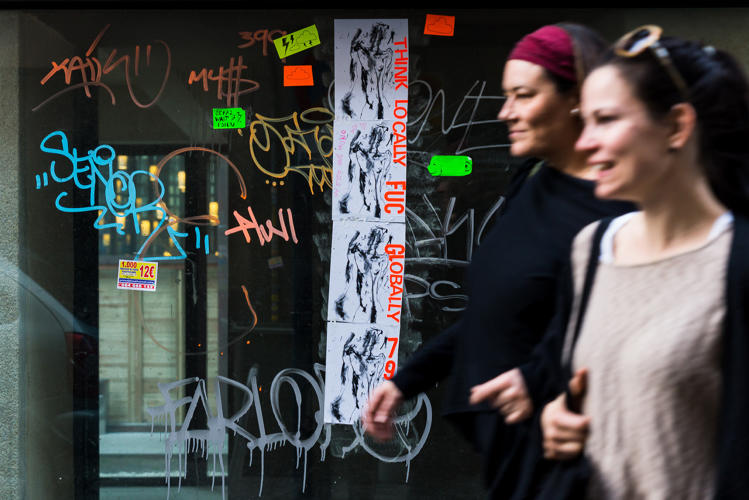
After a couple of weeks or months in Madrid, you can head to Miami, or Ubud, Bali.

By 2017, the startup plans to have 8-10 locations around the world. (Pictured: Madrid)

These aren’t designed as places for vacations.
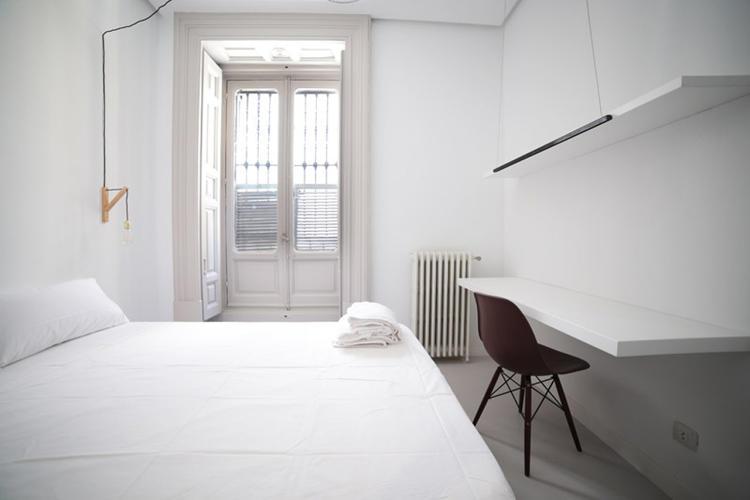
Instead, it’s an alternative way to think about home for “location-independent” people who can work remotely. (Pictured: Miami)
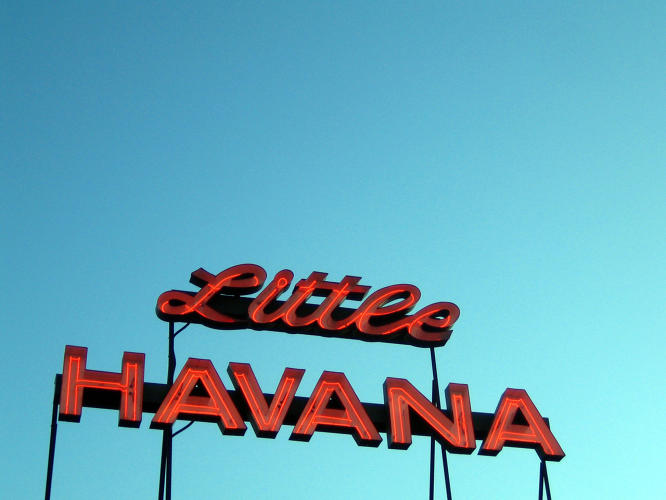
After living and working nomadically in his twenties, founder Bruno Haid wanted to make it easier.
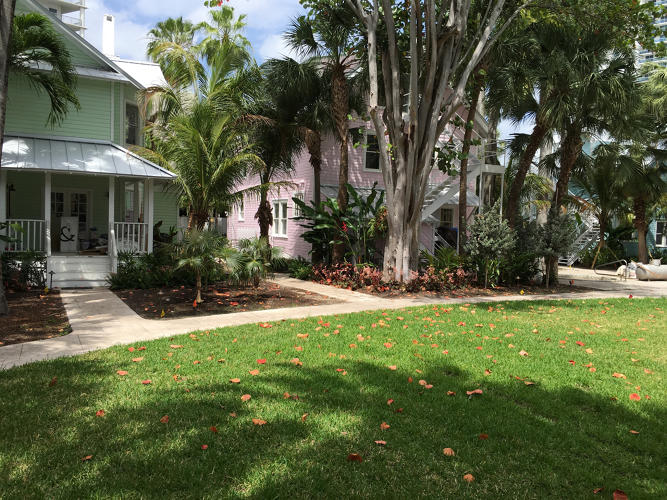
“Just managing my stuff and going back and forth between Airbnbs and housesitting became more cumbersome over time,” Haid says.
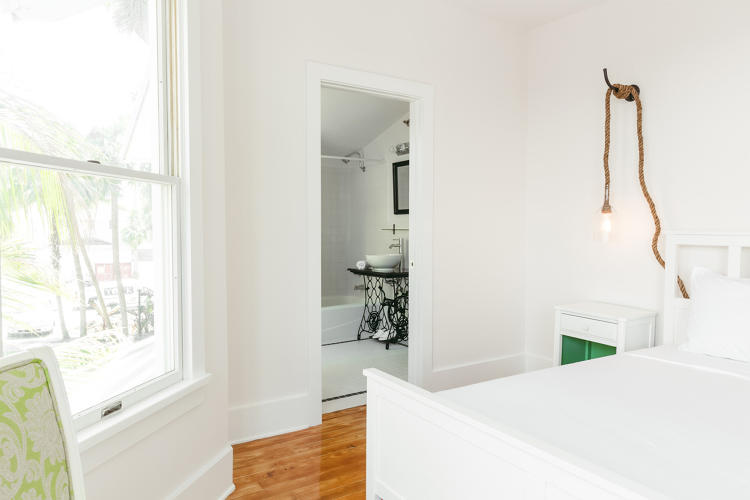
“At the same time, I was involved in a couple of early co-living communities in San Francisco, and saw the cultural value of something like that.”
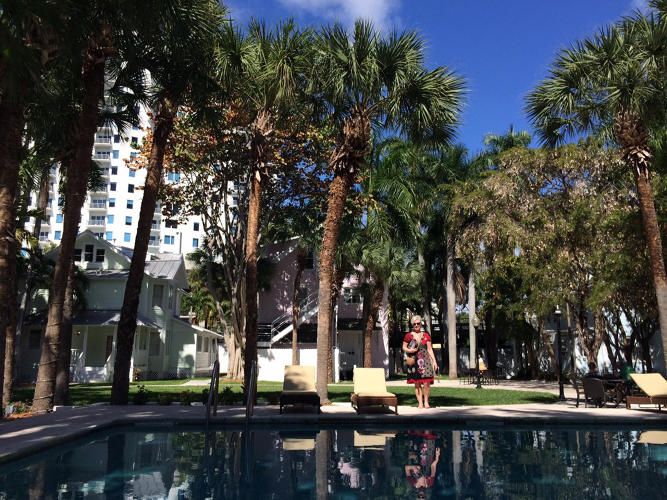
By combining co-living with nomadism, Haid hoped to help alleviate the loneliness of showing up in a new city and culture, knowing no one.
” 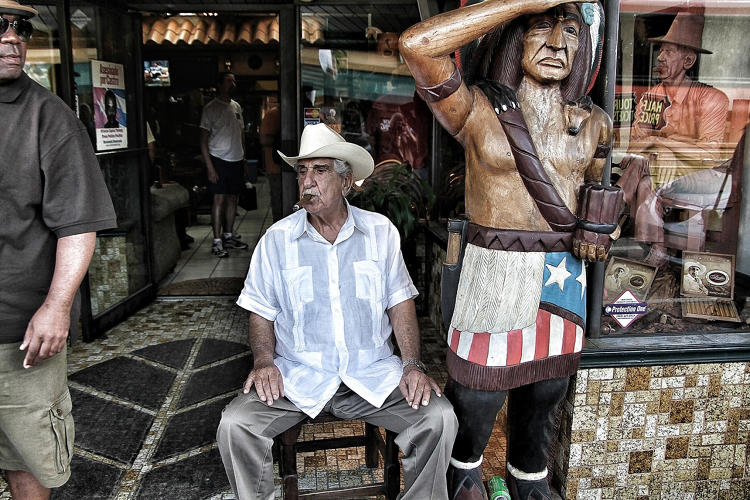
Residents each have their own private bedroom and bathroom, but they also have access to a coworking space and shared communal areas.
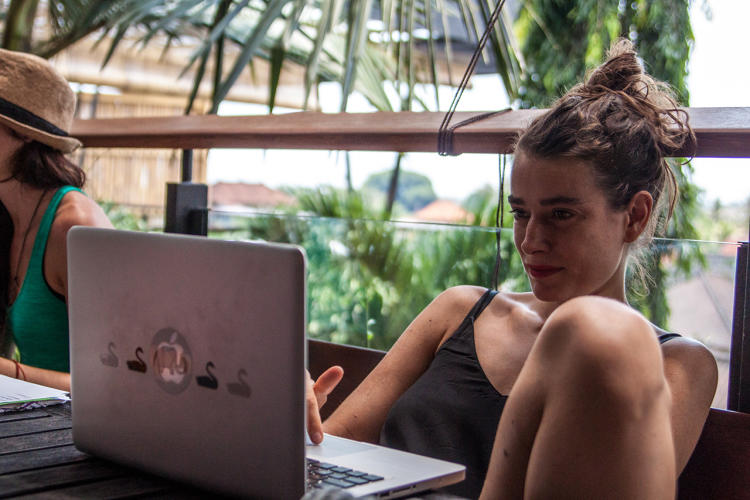
The point is to meet as many people as possible.
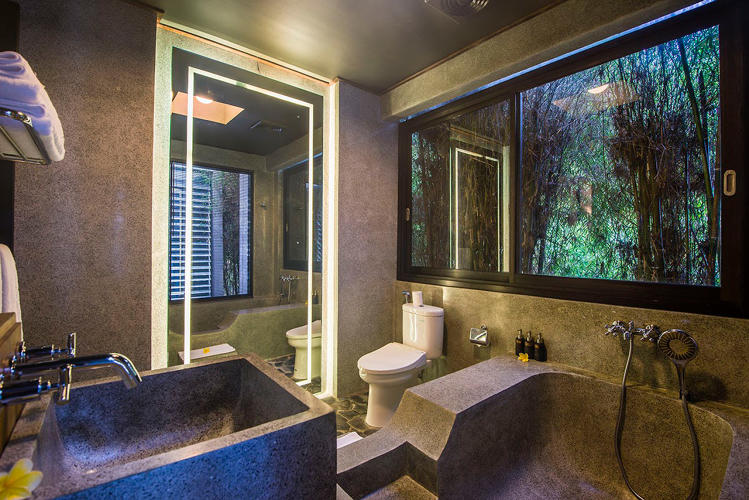
“If you go from location to location, it always takes a couple of weeks to feel at home,” he says.
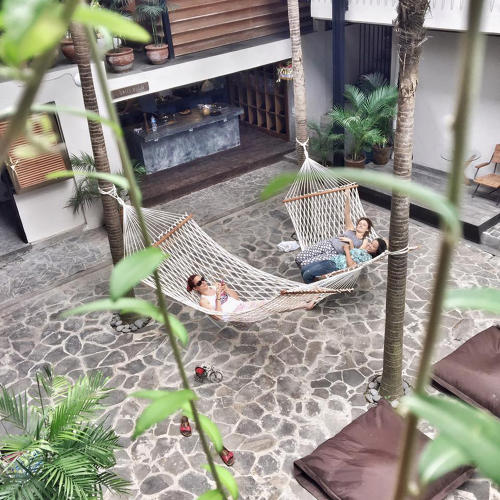
“That’s something that we want to make sure is done in a very short time frame.”
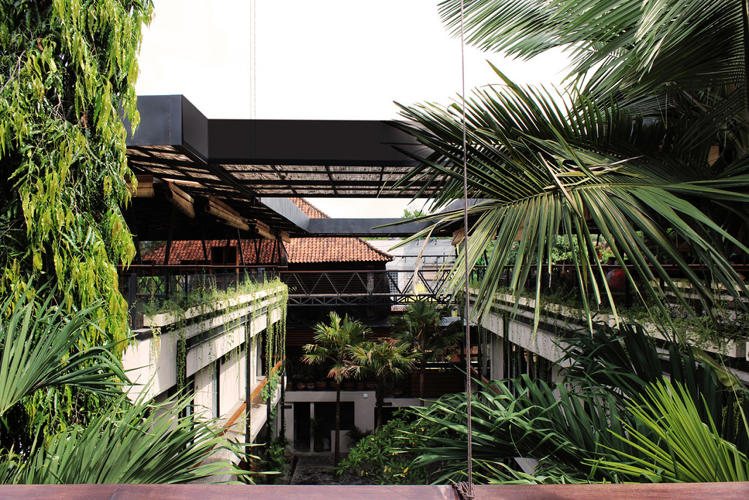
Though it’s possible to book for a week ($500, no matter where you are, or $1800 for a month), the startup prefers that people stay longer.
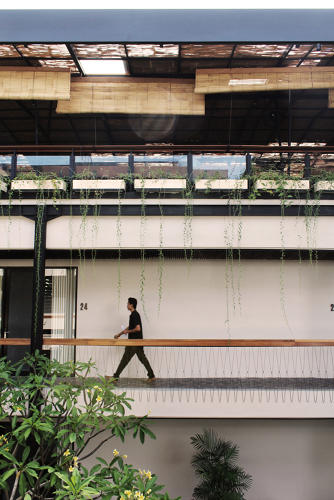
Fast Company , Read Full Story
(43)

